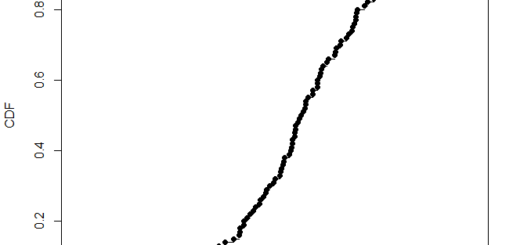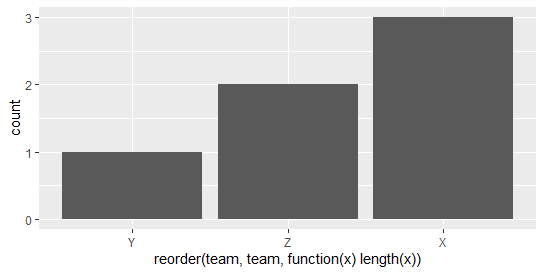Check if the Column Contains a String or not
Check if the Column Contains a String or not, The methods listed below can be used to determine whether a column of a data frame in R contains a string.
Let’s create a data frame first,
Check if the Column Contains a String or not
df <- data.frame(team=c('T1', 'T1', 'T1', 'T2', 'T2', 'T3'),
conf=c('East', 'East', 'South', 'West', 'West', 'East'),
points=c(101, 214, 215, 115, 214, 147))Now we can view the data frame
df
team conf points 1 T1 East 101 2 T1 East 214 3 T1 South 215 4 T2 West 115 5 T2 West 214 6 T3 East 147
Example 1: See if the exact string is present in the column
The following code demonstrates how to determine whether the precise string “Eas” is present in the data frame’s conf column.
Now we can verify if the precise string “Eas” appears in the conf column
library(stringr) sum(str_detect(df$conf, '^Eas$')) > 0 [1] FALSE
This informs us that the conf column does not contain the precise string “Eas.”
Note: To identify the start () and end ($) characters of the string we were looking for, we utilized the regex symbols.
Data Science in Banking and Finance » finnstats
Example 2: Check to See if a Partial String Exists in a Column
Run the following code to locate the partial string “Eas” in the data frame’s conf column:
Now we can check to see whether conf column has the partial string “Eas”
sum(str_detect(df$conf, 'Eas')) > 0 [1] TRUE
This demonstrates that the data frame’s conf column does contain the partial string “Eas.”
Example 3: Count Partial String Occurrences in Column
The partial text “Eas” may be found in the data frame’s “conf” column, and the following code demonstrates how to count its occurrences there:
Let’s count instances of the conf column’s partial string “Eas”
sum(str_detect(df$conf, 'Eas')) [1] 3
This indicates that the data frame’s conf column contains the partial string “Eas” three times.
Calculate Confidence Intervals in R » finnstats








